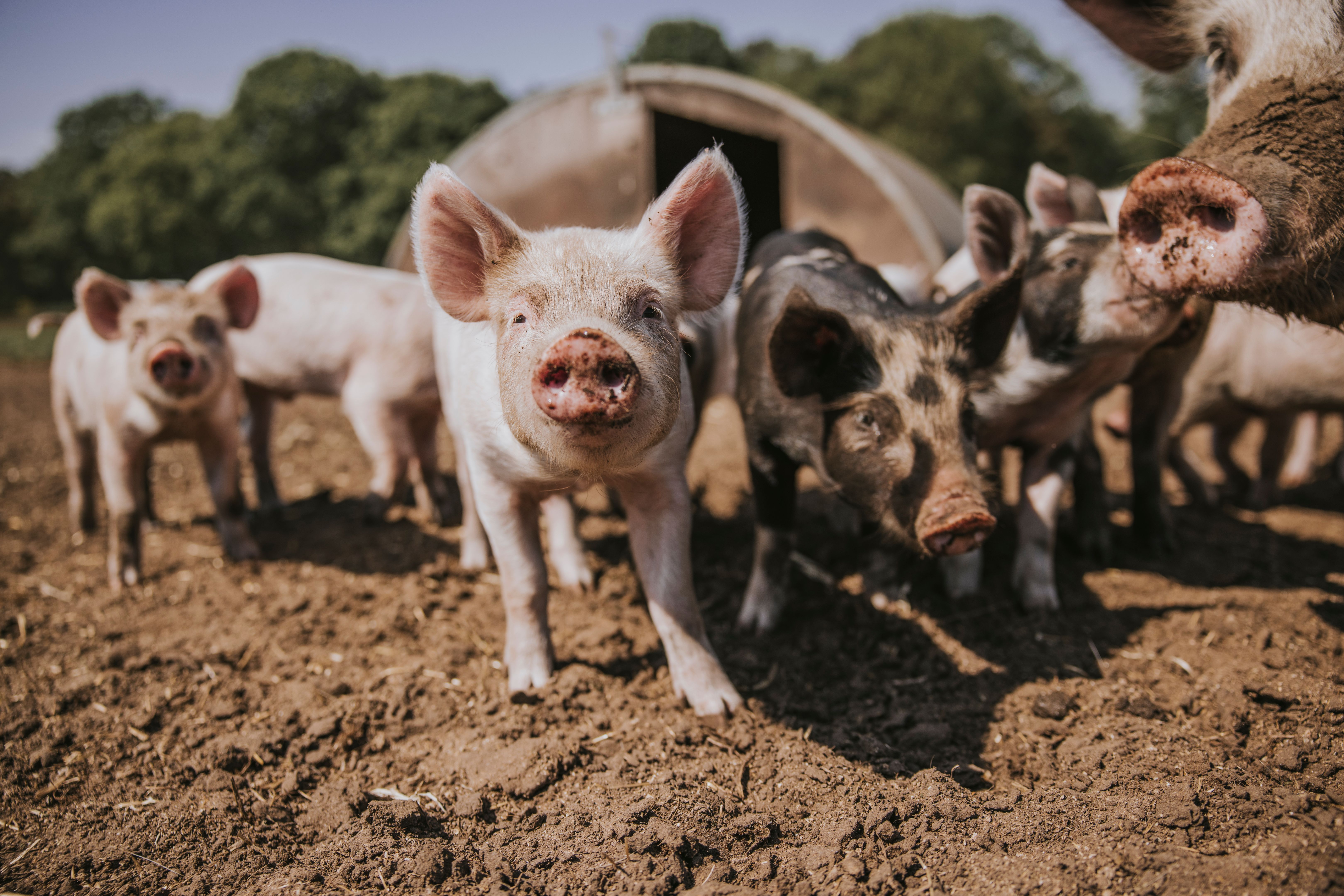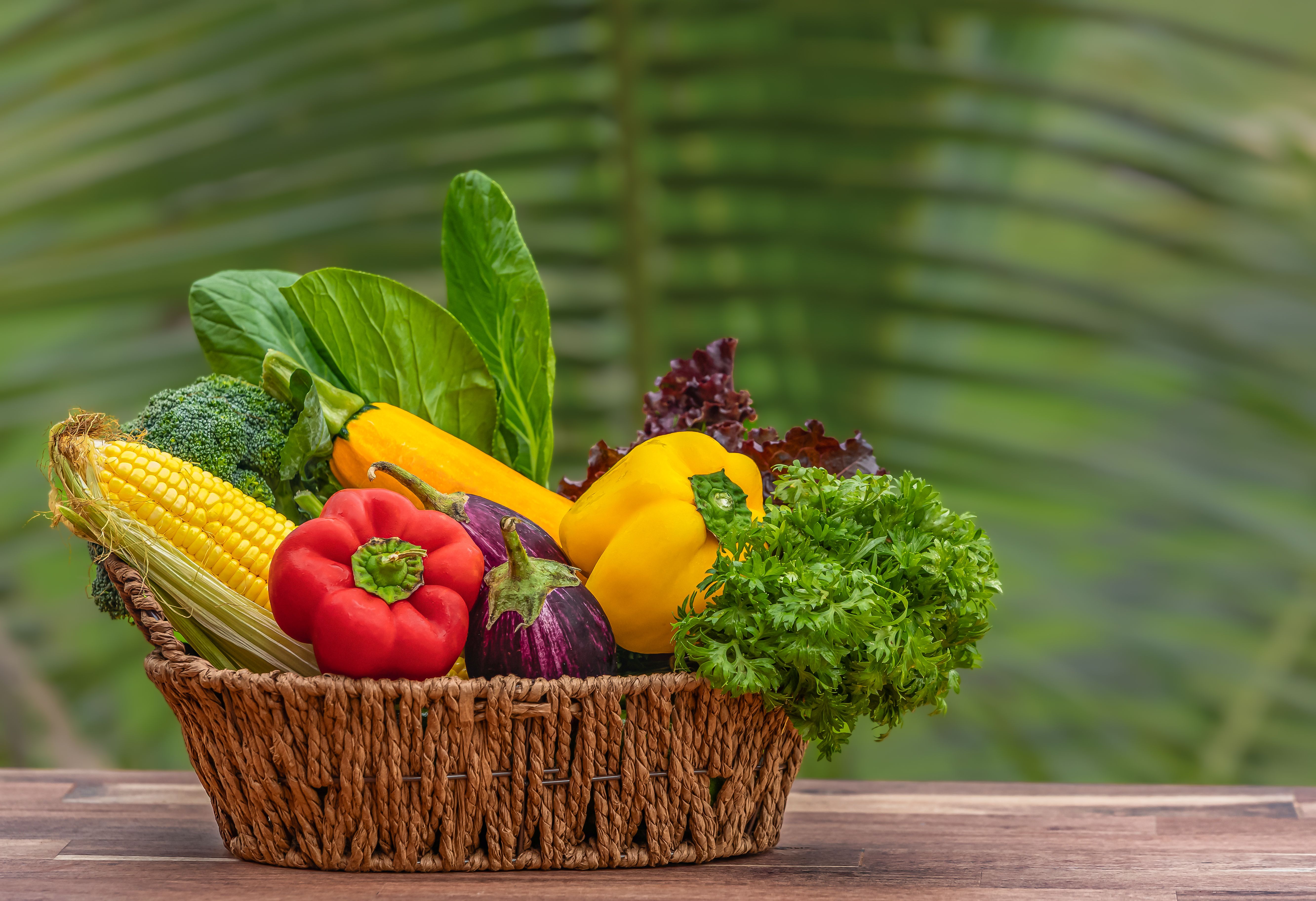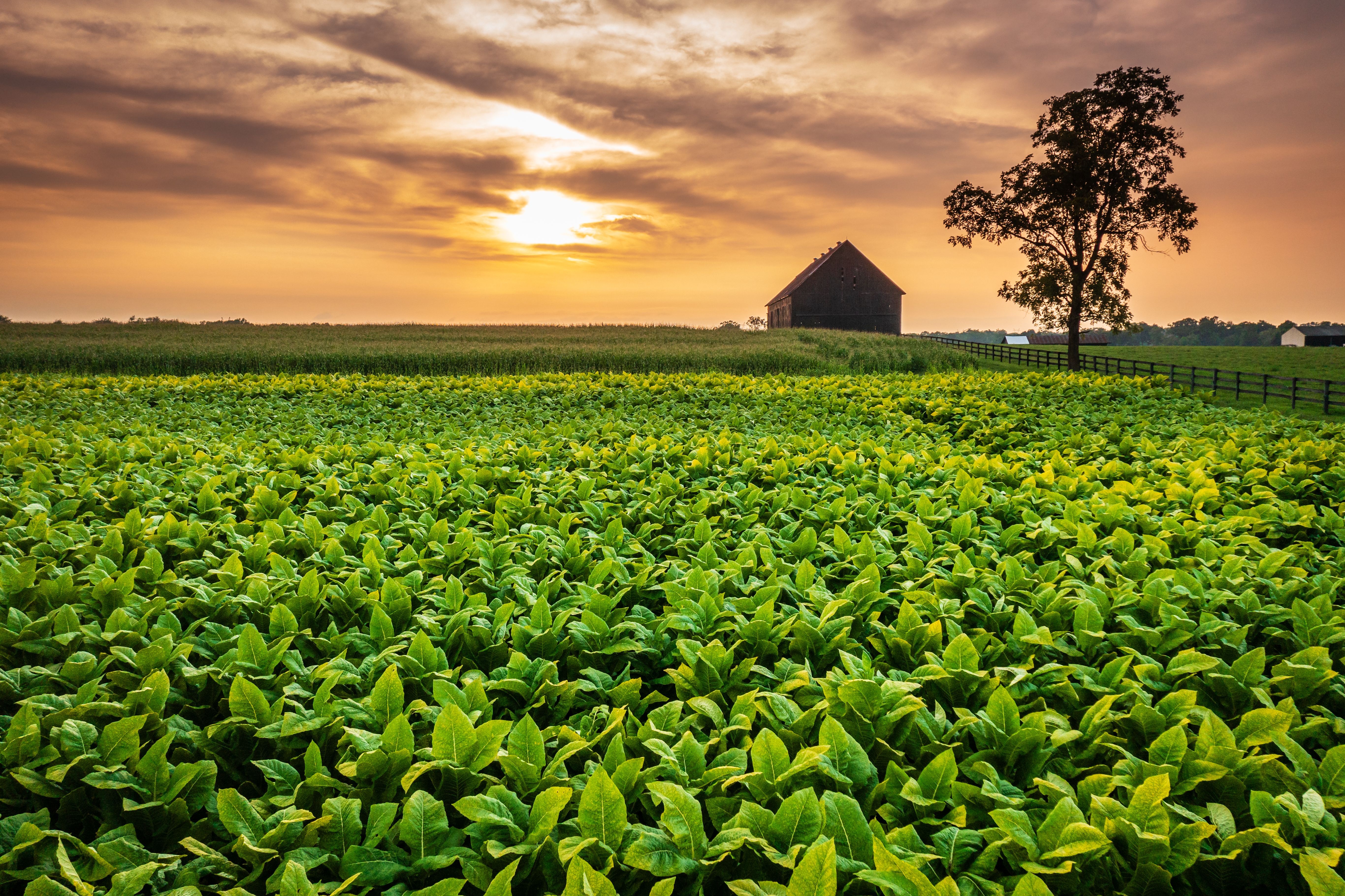Top 10 Organic Farming Myths Busted
Understanding Organic Farming
Organic farming has grown in popularity over the years as consumers become more health-conscious and environmentally aware. Despite its increasing presence in the agricultural landscape, there are numerous myths and misconceptions surrounding organic farming. In this post, we'll debunk the top 10 myths that often confuse consumers and farmers alike.

Myth 1: Organic Farming Doesn’t Use Pesticides
One of the most common misconceptions is that organic farming is completely pesticide-free. While organic farmers do avoid synthetic pesticides, they do use natural alternatives. These include substances derived from natural sources like neem oil, or biological pesticides such as beneficial insects that prey on pests.
Myth 2: Organic Farming Is Always Better for the Environment
Though organic farming practices aim to be more sustainable, they aren't always better for the environment in every context. Conventional farms may sometimes have a smaller carbon footprint due to higher efficiency and yield. Organic farms often require more land to produce the same amount of food, which can lead to more deforestation.
Myth 3: Organic Food Is More Nutritious
There's a widespread belief that organic foods are more nutritious than conventionally grown foods. However, scientific studies have shown mixed results. While some organic products may have higher levels of certain nutrients, overall, the nutritional difference is minimal.

Myth 4: Organic Farming Is Not Profitable
This myth stems from the perception that organic farming is labor-intensive and costly. While it does require more manual labor, the premium pricing of organic products often compensates for these costs. Many organic farmers find profitability through diversified crops and value-added products.
Myth 5: Organic Certification Is Easy to Obtain
Gaining organic certification involves strict guidelines and rigorous inspections. Farmers must adhere to a comprehensive set of practices over several years to qualify. This process ensures that consumers get what they’re paying for, but it's anything but simple.
Myth 6: Organic Farming Can Feed the World
While organic farming offers numerous benefits, its current scale cannot meet the global food demand alone. Yields from organic farming tend to be lower than conventional farming, which poses a challenge when it comes to feeding a growing population.

Myth 7: Organic Farming Means No GMOs
This is partially true; organic standards prohibit genetically modified organisms (GMOs). However, it’s important to note that conventional, non-organic foods can also be non-GMO. The two concepts are related but not synonymous